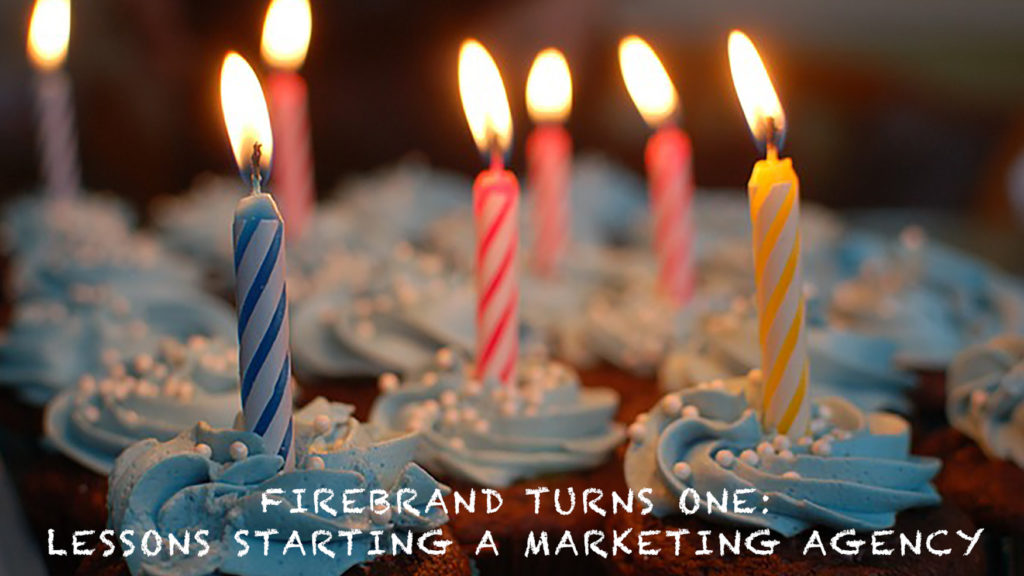The role of job titles
For most businesses, job titles convey two important pieces of information – seniority and specialism. If you have a team of people who don’t know each other personally, it’s vital to give them a framework for how to interact. The job title indicates level of authority/experience, as well as the person’s area of expertise. This avoids awkward conversations between strangers within the same company by setting expectations.
Ego and obfuscation
But for some individuals, the job title has a third function – an ego boost. In a large organization there are some for whom their title is inextricably linked to their self-worth. And they’ll fight hard to get one which they think looks good on them. This is a huge time-suck for managers and HR staff, since titles need to reflect the structure of the company. The guy who wants a fancy title needs to be handled carefully – they may lack maturity but can still be talented and hard to replace. A fact they know, and seek to exploit.
This creates unique titles which satisfy the ego demand but are sufficiently abstruse not to upset peers. Unfortunately this torpedos one of the functions of the title – to communicate seniority.
Large companies just have to put up with that downside. But a small agency doesn’t: we all know each other, we know our area of specialism and the experience is obvious. Plus there’s utility in not making the structure formal since people can take different roles on each account. They aren’t defined by their title in the eyes of coworkers or clients.
Celebrating progression
This is all very well for senior folks who have already collected all the job title badges they care about. But at the start of your career, progression is important. And often that’s marked by promotions – hence changes in title. For instance, from exec to manager to director in agency world. So we’ll need to mark and celebrate these milestones in a different way – and of course reward them. The most important element of progression is the evolution in the day-to-day work, which can be phased in sooner without titles.
Two other challenges with this kumbaya stance: you still need to recruit talent out in the market, which defines roles by level and specialism. For talent intake, you need to shape the job spec and title so candidates know whether to apply. The second is that staff must put something on their LinkedIn profile and resume – and that needs to be common currency. For now, we’re just asking people to propose a title or to use something generic.
We did briefly consider our own Firebrand-esque titles – Firestarter etc. Those are on-brand and pretty fun, but ultimately pointless. They only communicate seniority internally, which we know, not externally. And basically it’s a bit indulgent and self-absorbed. There is a vogue in marketing agencies to come up with new titles – catalyst, evangelist etc. For Big PR those might be fine since their staff are strangers but share a common vernacular. Externally though, they are confusing.
At some point, I hope we’ll need job titles. That will mean we’re at scale and multi-office. But for now the flexibility, low drama and simplicity of having no titles feels right. And if it deters the prima donnas, that’s good too.
About the Author
Morgan McLintic is the founder and CEO of startup marketing agency,Firebrand. Firebrand works with early- and late-stage startups to help raise awareness and drive demand. It does this through integrated programs involving PR, content marketing and digital marketing. The firm was recently recognized as the Boutique Agency of the Year by the PRSA (Public Relations Society of America) and awarded Gold Winner of theB2B PR Campaign of the Year by The Drum. Firebrand works with startups in sectors spanning fintech, cybersecurity, AI/ML and infrastructure such as Emburse, Human Interest, Planful, Weaviate and Yubico.
Prior to Firebrand, Morgan was the founder in the US of LEWIS, a global communications firm, which grew to $35m in revenues and 200+ staff in the US, and $75m with 600 staff globally. He has over 30 years' tech experience, both consumer and B2B. At LEWIS, Morgan led the acquisition of three companies - Page One which was integrated and rebranded as LEWIS Pulse; the Davies Murphy Group, a 65-person PR and marketing consultancy; and Piston, a 50-person full-service digital advertising agency.
Morgan has been a speaker at events for AlwaysOn, Holmes Report, MIT / Stanford VLABs, OnHollywood, PR News, PRSA, Social Media Club, Social Media World Forum, Venture Capital and Private Equity Group, and WITI. PRWEEK named him to its Global PR Powerbook in 2015 and 2016.
Follow Morgan onLinkedIn, tune into theFiredUp! podcast, or explore his latest posts onFirebrand’s blog.




